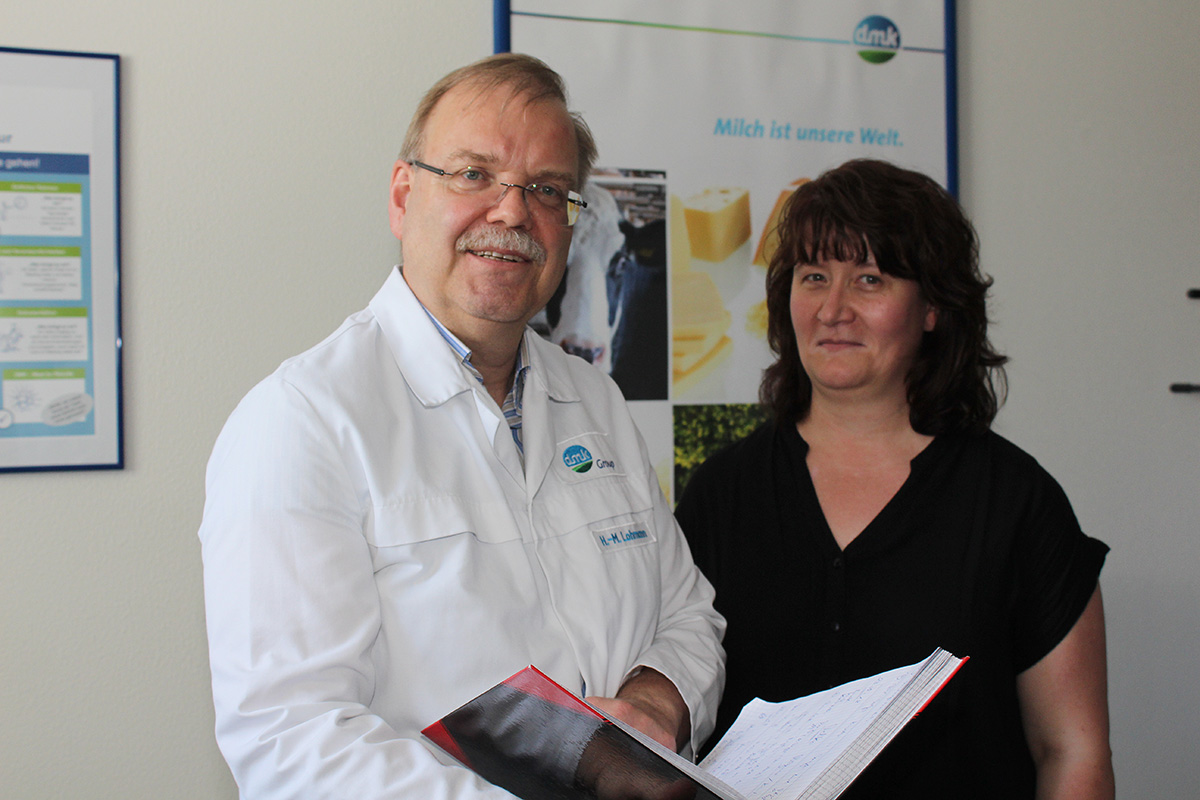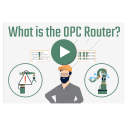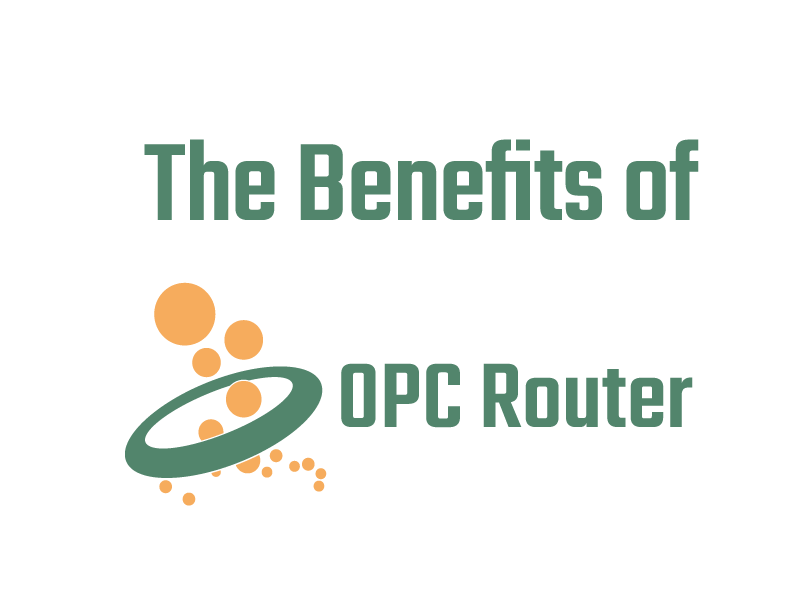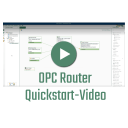Interconnectivity at DMK production site in Altentreptow: RFID Chip-supported Milk Tank Purification
Transparent, uninterrupted controllability and traceability of operating procedures are of uppermost importance to the DMK Group – Germany’s largest dairy cooperative. At DMK’s site in Altentreptow, Germany, genetically unmodified milk is processed into premium-quality cheese. Complex quality standards stipulate optimal managerial reliability, which is also applied to the purification of milk tanks. The highly industry 4.0-capable company is using inray’s industrial software for best possible interconnectivity of all operational and managerial entities involved in managing multiple tasks related to registering milk trucks and purifying milk tanks.
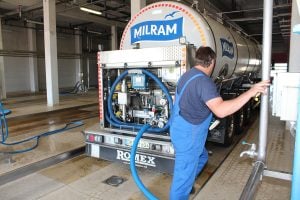
Milk truck cleaning at DMK cheese dairy in Altentreptow
Hans-Martin Lohmann, plant manager of DMK’s dairy plant in Altentreptow, points out, “IT-supported quality control and process management are of pivotal importance for all our business processes so that high-quality cheese is readily available on the supermarket shelves – at the end of the value chain. Daily, milk collection vehicles arrive at the DMK plant in Altentreptow where the milk is handled in a special reception area. The reception of milk collection vehicles involves various important IT-supported processes like discharging the milk via pumps and cleaning milk tanks within the context of an entirely IT-supported and complex process chain.” In order to align production processes in the most efficient way, various systems are interconnected with each other via the OPC Router, through which pumping processes are carried out automatically as well as the highly sophisticated milk tank purification processes; always with access to required data. This ensures that at the end of the purification cycle the milk tank of the milk collection vehicle is fully disinfected and thus totally sanitized. When absolutely clean and free from any residues, the milk collection vehicle can be sent on its way again to collect fresh milk from dairy farms. Mandy Kriesen, quality manager at the DMK plant in Altentreptow adds, “When milk is pumped from the milk tank of the milk collection vehicle to the storage tanks, various systems need to communicate with each other without interruptions. Quality management procedures must ensure reliable documentation of the entire process across all systems, from the registration of the milk collection vehicle upon arrival at the gate right through to milk reception and milk tank sanitation up until the milk collection vehicle is checked out again.”
In order to ensure 24/7 operations – which are efficient, lawful and sustainable, and offer enterprise-wide end-to-end data integration for seamless interruption-free monitoring as well as continuous documentation – the dairy plant in Altentreptow makes use of the central Industry 4.0 data hub provided by inray. Diverse management tasks like process control for important areas of responsibility or energy management are carried out with Industry 4.0-capable software. This also applies to the Factory Application Software (FAS) developed by inray, which is a differentiable and scalable industry management system and was developed further with manubes as a cloud platform. The DMK Group is organized as cooperative, and has over 20 sites in Germany and the Netherlands. For the DMK Group, reliable networked data management is of pivotal importance to ensure that all processes at each site are interruption-free and secure and that communication is successful in every way, which includes communication with the Head-Office in Bremen.
At the DMK site in Altentreptow, cheese production is the main focus, for instance for MILRAM. In order to manufacture high-quality cheese made of genetically unmodified milk the quality of the milk has to be tested for quality before it can be unloaded. As milk collection vehicles arrive at the dairy plant both day and night to unload milk in the milk reception area, the management of milk collection vehicles is a most significant working area. Management must be carried out reliably, regardless of whether the plant is fully staffed during the day during regular working hours or whether the vehicles arrive in the late evening hours or during the night. Cows need to be milked over the weekend and milk has to be collected from the dairy farms regularly and brought to the DMK plant in a timely manner.
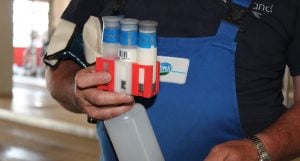
At the milk reception area the milk samples need to be tested for quality: Only pure milk without antibiotic residues and with the correct pH-value is acceptable
The DMK Group has well trained milk truck drivers who each have an RFID chip, mostly on a key chain, which is used to identify the milk collection vehicle as soon as the vehicle arrives at the gate for initial registration. Identification occurs a second time at the weighbridge, which is the next stop before the vehicle drives on to the milk reception area. Thus, data detection can be much more than merely registering milk collection vehicles upon arrival at the dairy plant or saving vehicle weight information, either with or without milk in the milk tank. In this RFID-supported process chain, all important data pertaining to the respective vehicle needs to be immediately accessible, when the RFID chip is electronically recognized. As soon as new data is generated upon arrival at the gate or at the weighbridge, for instance, the new data is added to the already available data with the respective date; thus also providing seamless documentation. The milk truck driver needs to complete a number of additional tasks, once he leaves the weighbridge: He cannot enter the milk reception area and immediately start the unloading process of the milk at one of several pump stations. The milk needs to be tested for antibiotics first. A rapid test is used to detect the inhibitory substance. Moreover, the pH-value needs to be correct, too. The CCP inhibitor test, which is based on the HACCP concept must be carried out as well. At the plant in Altentreptow, the DMK makes use of the Charm EZ System (Charm Sciences, Inc.), which provides reliable rapid tests. The determined data is available to the networked communication system via the OPC Router, which includes the laboratory (LIMS WinLaisy) and technical systems, which then prompt automatic clearance of the pump station, if the test results of the milk samples are impeccable. If the milk samples are not acceptable the milk is not cleared at the pump station and cannot be unloaded there but has to be disposed of elsewhere in accordance with rules and regulations.
The OPC Router is the data transfer connection point through which all produced data flows, in order to make data readily available where it is needed at the DMK site in Altentreptow: Produced data is needed in diverse management systems such as the especially customized Cheese Dairy Management System (referred to as KMS for Käserei-Management-System in German). Moreover, data also has to be made available to the laboratory and to the quality management division. The entire plant management depends on reliable data flow and data interaction. To cater for the specific requirements of the DMK site in Altentreptow, a customized menu-driven management solution was put in place by inray.
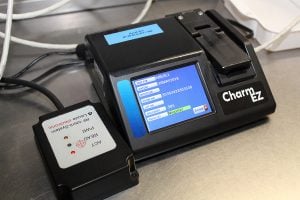
CCP inhibitor test according to HACCP concept in use at German dairy plant
Applicable food legislation requires complete quality assurance, which is carried out in a timely and efficient manner at the DMK Group. In the case of the milk collection vehicles, the stringent milk reception procedures also ensure that the milk trucks get back on the road again as quickly as possible. Once a driver has completed the milk quality check successfully, has pumped the milk to a storage tank and has sanitized the milk tank of his milk truck successfully, the truck needs to be weighed again at the weighbridge and then checked out at the DMK site in Altentreptow. As soon as the driver checks out, a notification is automatically sent to the head office in Bremen where the routes to the dairy farmers are planned, to indicate that this driver is available again. Everything is taken care of: This is how connected information and process management works out on a local level at various sites as well as across business locations. And that’s the face of an innovative and progressive industry 4.0 connectability.
Additional related information:
Information on further Plug-ins can be found here: OPC Router – Plug-ins
You can find more information about Industry 4.0 here: What is Industry 4.0?
More information
OPC Router works as an universal translator for your systems. It enables the communication
of all existing systems and protocols and can help modernize processes in the long term. Our video explains how OPC Router works, how it can be integrated into your system environment and what advantages it offers your company.
OPC Router is multifunctional and very easy to use. Connections are created simply by drag & drop and numerous Plug-ins enable the connection of a wide variety of applications and systems. Read more details about the advantages of OPC Router and how you can achieve an automated data exchange and thus the optimization of your processes.
Getting started with OPC Router is easy and can be done quickly. Our video shows you which elements are important and how you can connect different automation systems via drag & drop with suitable Plug-ins.
Run a free test now!
Get your personal link to the most recent OPC Router configuration and sign awake for product news.

